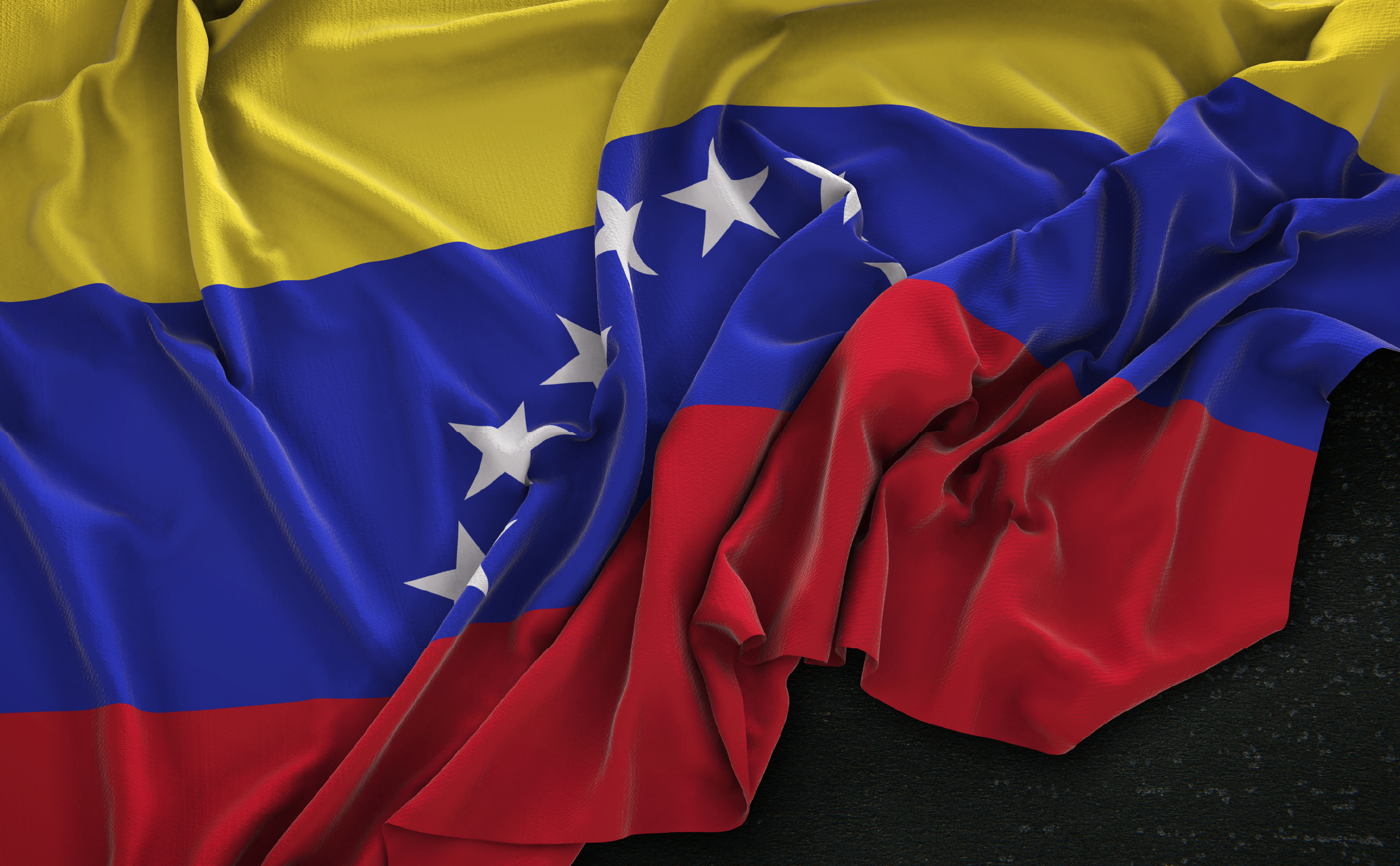
Developments in the Venezuelan Intellectual Property System: Geographical Indications
This article first appeared on WTR Daily, part of World Trademark Review, in (month/year). For further information, please go to www.worldtrademarkreview.com.
June 25,22.
We have often referred to the inconveniences stemming from the application of the 1955 Industrial Property Law, due to Venezuela’s withdrawal from the Andean Community.
One of the many problems has been the absence of internal regulations relating to Geographical Indications. Notwithstanding the above, and as we have been reporting, there have been recent developments in this area, including the establishment of a particular procedure for its protection based the regulations of the World Trade Organization, even the creation of a specialized geographic indication department within the local intellectual property regulator (SAPI).
It is still important to mention that there is still wording within the Industrial Property Law prohibiting the trademark registration of “geographical names, as indication of a place of origin”, which would run against the regulations adopted as part of the WTO framework and that have been the basis of Geographical Indications in Venezuela such as Cacao de Chuao or Ron de Venezuela.
However, recent SAPI decisions would throw light as to which criteria would be applied to this registration exclusion. In decisions notified on May 14th, SAPI denied trademark registration to the following applications:
- a) DIJON Café & Bistrot to identify restaurant services; and
- b) TOLEDO to identify a commercial establishment.
In both cases, the examiner has based their denial for registrations of trademarks that constitute “geographical names, as indication of a place of origin” included in the Industrial Property Law.
Even though these decisions are only limited to citing the abovementioned article in the law that it is basing its decision on, SAPI seems to be suggesting this denial of Geographical Indications would be applicable if there is a risk of deceit or confusion to the consumer as to the origin of the product; but that this disposition would not affect registrations that accurately reflect the geographical origin of the product or service.
In fact, there have been three recent publications of geographical indications in Venezuela: a) Cocuy Larense; b) Cacao Carenero; and c) Cacao Caripito.
This is an area that is worth keeping an eye on, and we hope that SAPI will clearly defines the criteria applicable to the exclusion from registration of Geographical Indications, limiting it only to cases of deceit, misleading or likelihood of confusion.







